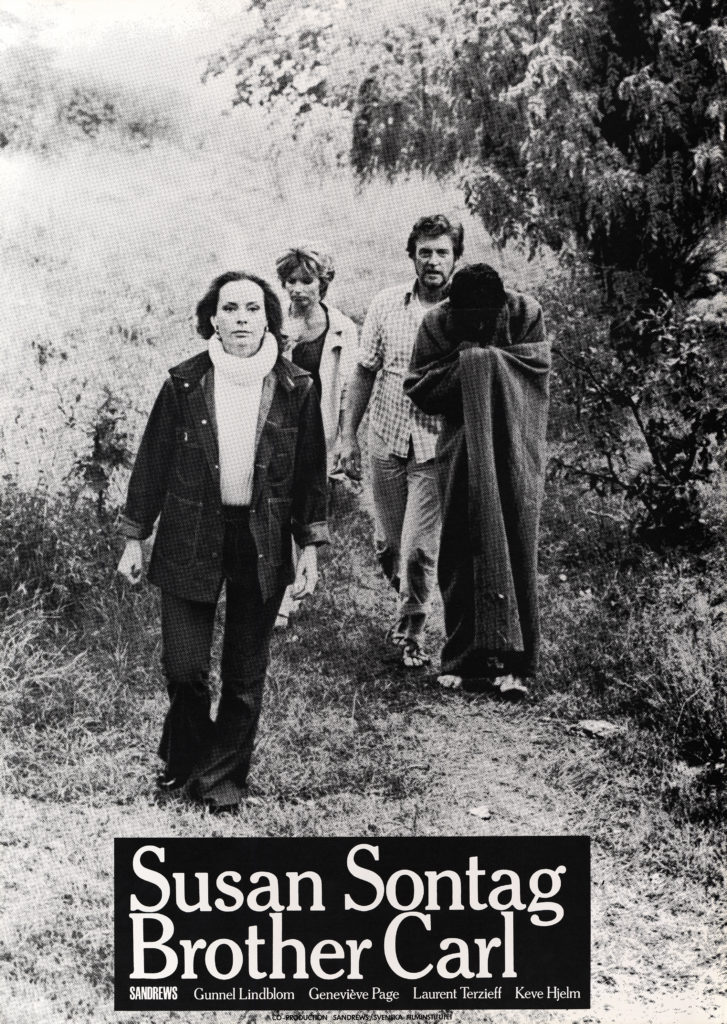
Drugi film w karierze reżyserskiej Susan Sontag, który, podobnie jak „Duet dla kanibali” zrealizowała w Szwecji. Dramat psychologiczny, w którym bohaterami znów są dysfunkcyjne pary. Karen (Geneviève Page) i Peter (Torsten Wahlund) przechodzą kryzys związku. Małżeństwo wychowuje Annę (Pernilla Åhlfeldt), która ma problemy ze słuchem i mówieniem. Przyjaciółka Karen – Lena (Gunnel Lindblom), reżyserka teatralna, namawia ją, by towarzyszyła jej w wizycie w ustronnym letnim domu jej byłego męża Martina (Keve Hjelm), choreografa, usytuowanym na wyspie na Archipelagu Sztokholmskim. Martin opuścił Lenę pięć lat wcześniej. Peter na próżno próbuje przekonać Karen, by nie wyjeżdżała. Na wyspie kobiety wita Martin. Spotykają też jego przyjaciela Carla, borykającego się z zaburzeniami psychicznymi tancerza baletowego wobec którego Martina dręczy poczucie winy. Sontag podczas pracy nad scenariuszem filmu określała go jako „zimową opowieść”, w której mroczna nieopowiedziana historia z przeszłości zostaje przezwyciężona przez światło.
Same as the first film directed by Sontag, this also is a tale of dysfunctional couples. Stage director Lena (Gunnel Lindblom) persuades her friend Karen (Geneviève Page) to accompany her on a visit to the secluded summer house which belongs to her ex-husband Martin (Keve Hjelm), a choreographer, on an island in the Stockholm archipelago. Martin left Lena five years earlier. Karen is married to Peter (Torsten Wahlund) and they have a deaf-mute daughter, Anna (Pernilla Åhlfeldt). Peter tries in vain to convince Karen not to go away. On the island the women are greeted by Martin. They also meet his friend Carl, a mentally disturbed ballet dancer. Carl is brother by guilt rather than blood, for Martin is somehow responsible for his breakdown.







